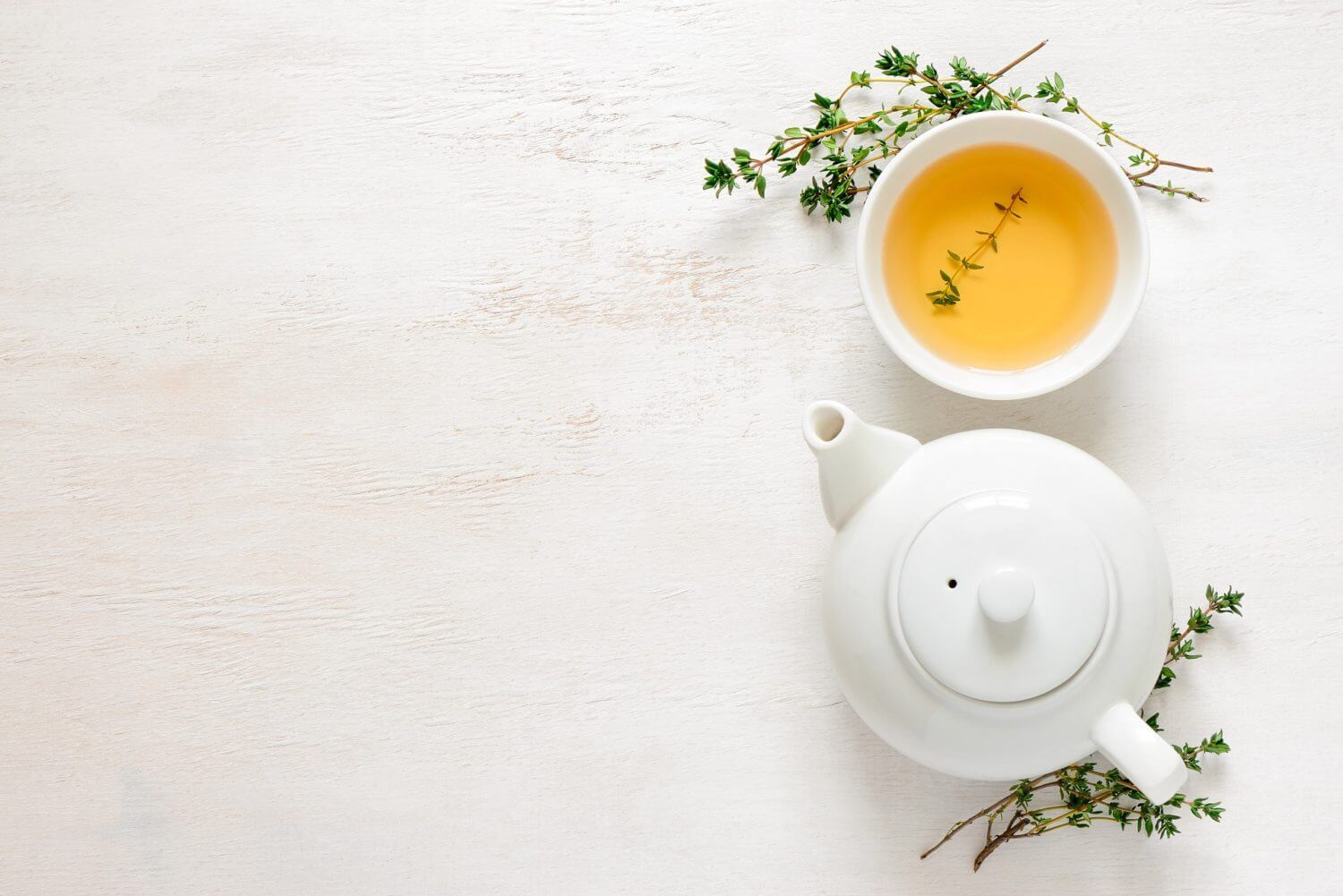When you think of someone getting high, what do you picture? Pills, crystals, powder, liquid in a syringe, maybe even a can of something to huff. How about tea? It sounds strange at first, but many of the drugs we use – whether medicinal or recreational – came from plants in the first place, and tea is just leaves steeped in water. There’s one in particular that’s considered a drug of concern in the United States, called ayahuasca.
Ayahuasca is the name of the tea itself. It comes from two plants, a shrub called Psychotria viridis, which contains DMT, and a vine called Banisteriopsis caapi, which contains an MAO inhibitor that prevents the natural breakdown of DMT in the digestive system, making the effects more pronounced and longer lasting. DMT (N-Dimethyltryptamine) is a molecule that is present in many plants and animals and has a hallucinogenic effect. It’s been used in spiritual rituals for hundreds of years. MAOIs are monoamine oxidase inhibitors, which elevate the levels of norepinephrine, serotonin, and dopamine in the brain and are typically used as anti-depressants.
Ayahuasca, sometimes referred to as iowaska or yage, is commonly used by people in the Amazon region. There are some fairly widespread religious movements based on the use of ayahuasca, such as Santo Daime and the União do Vegetal (or UDV), which are types of what is called syncretic faith, meaning a fusion of different religious beliefs. The UDV is Christian but incorporates the psychoactive tea in its ceremonies. Santo Daime combines Catholicism, African rituals, and Indigenous Brazilian traditions with the use of the tea. The potency and ingredients of the tea can vary greatly, depending on the shaman or brewer and the intended purpose of the tea.
Some people claim that the tea has medicinal effects, particularly for mental illnesses. Because it increases serotonin, it’s believed to be helpful for conditions caused by serotonin deficiencies, like depression, autism, schizophrenia, attention deficit hyperactivity disorder, and senile dementia. A clinical trial was conducted to examine the effects of ayahuasca on depression. 29 people with severe depression were given either ayahuasca or a placebo, and after seven days the placebo group was at a normal depression level while the ayahuasca had significantly lower depression levels. There was also a Canadian study that showed ayahuasca might be helpful in treating alcoholism and drug addiction. There are retreats people can attend where they ingest the tea in a group setting as a type of therapy.
Ayahuasca has moderate cardiovascular effects, meaning it can increase heart rate and diastolic blood pressure. This can make it dangerous for people with certain heart conditions. It can also interact badly with a variety of prescription medications and certain foods. There have been multiple deaths at ayahuasca retreats in the Amazon, caused by either cardiac arrest or violence after someone had a bad reaction to the tea.
If you or a loved one need help with quitting drugs or alcohol, consider Asana Recovery. We offer medical detox, along with both residential and outpatient programs, and you’ll be supervised by a highly trained staff of medical professionals, counselors, and therapists. Call us any time at (949) 438-4504 to get started.



